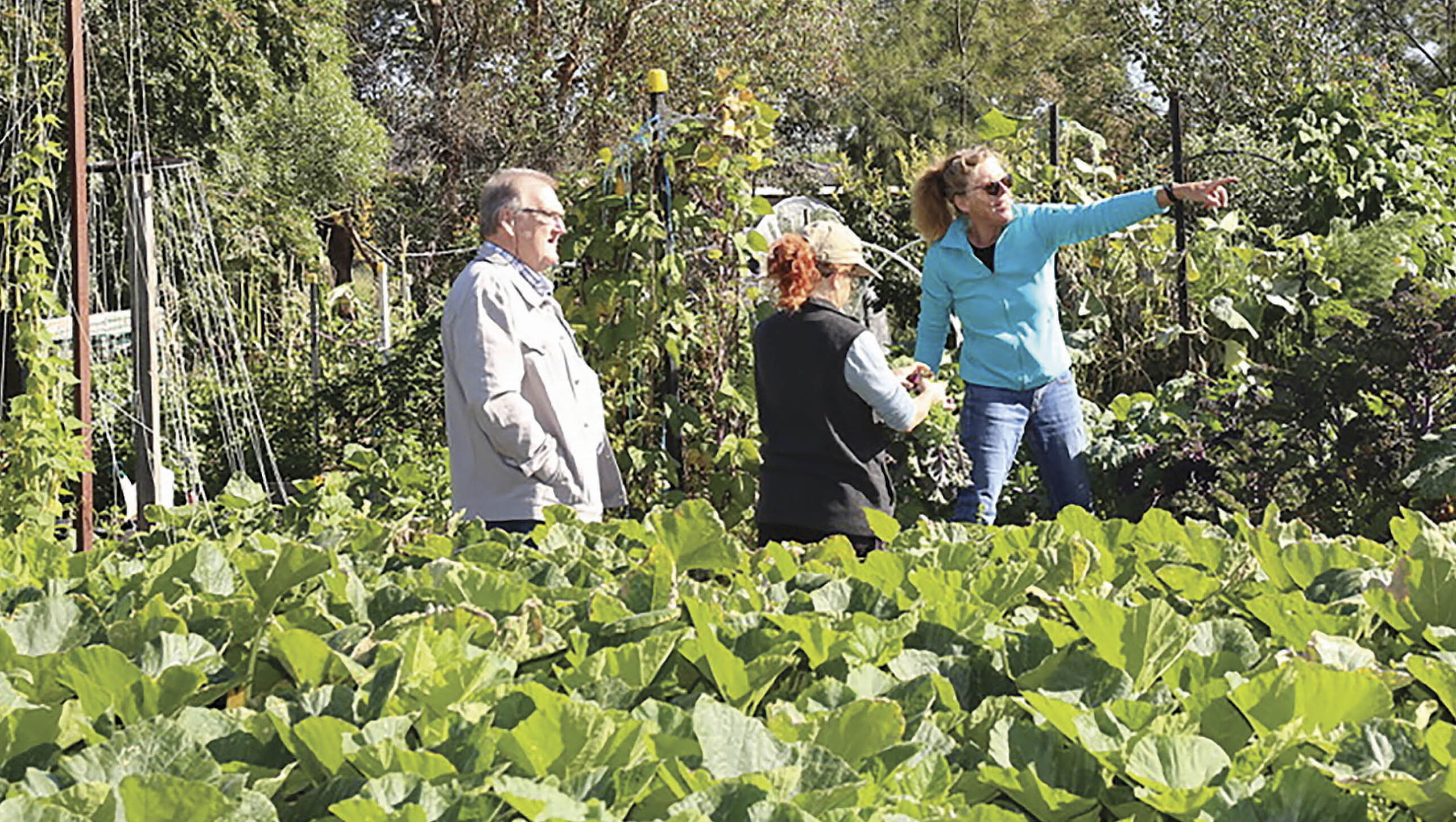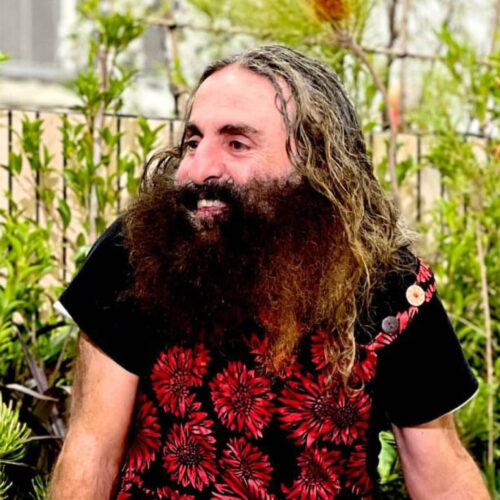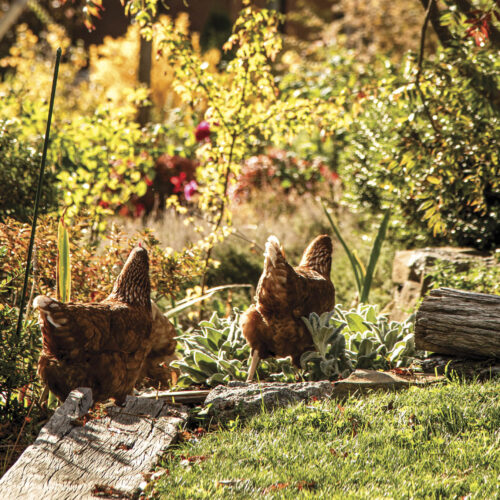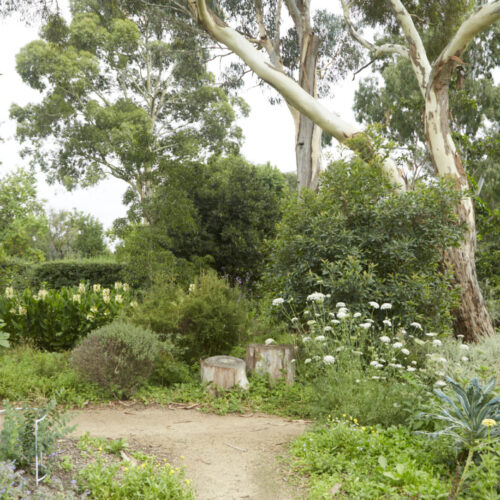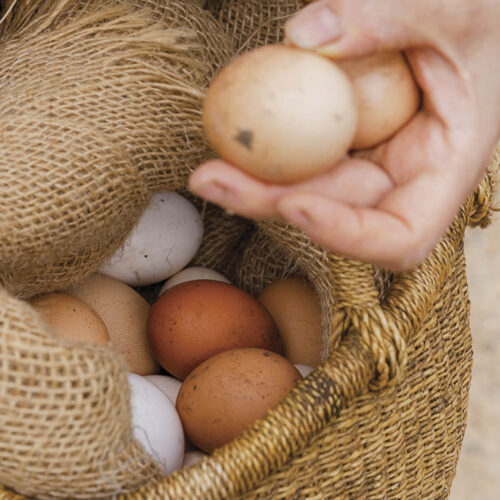A growing community
2023-03-15T04:26:28+11:00
This group of community gardens has been going for more than 50 years. Simon Webster asks what's their secret to success.
The Canberra Organic Growers Society (COGS) first garden, the Cotter Garden, in Curtin, is still going, albeit a kilometre away from its original site (it was relocated in the 1980s when a road needed to be widened). It also has a different name: the Betty Cornhill Garden, named after COGS’ founder, who died in 2016, aged 96.
Each of the 12 gardens has its own character, COGS president Andy Hrast says. “The appearance varies, from a developer-built garden with raised beds and gravel paths, to gardens set in parkland, others in horse paddocks, and one among apartments.
“The cultures also differ: some are tightly managed while others are more laissez-faire. This is a matter for each of the garden committees as to how they operate.”
COGS relies entirely on volunteers, and gets its funding from membership fees and rents, plus the occasional grant. Its biggest expense is water.
“When it was very dry in Canberra we were running deficits, largely because of our water bills,” Hrast says. During the past few years COGS has built up a buffer of funds, to help pay for the inevitable dry years ahead.
Like most community groups, COGS can find it difficult to attract volunteers willing to put in the hard work that’s needed behind the scenes. But Hrast says COGS benefits from being a relatively large organisation with a big pool of potential volunteers.
Hrast says the organisation has been fortunate to have many skilled and committed people over the years, both on its central committee, which oversees issues such as finances and insurance, and on the elected committees, as well the volunteers who are the conveners that run the individual gardens.
“We have good people in the gardens, and good leadership in the gardens is really important.”
Top five tips to get started in your community
Andy Hrast’s five essentials for establishing a successful community garden:
- A champion (preferably several) for the garden. Every garden, whether established or especially when getting started, needs people with the drive and enthusiasm to work through the hurdles that come up and to keep the garden going.
- Access to suitable land. It could be wasteland, in a park or even on the roof of an apartment. This needs to be found and approval obtained to use it.
- Community support. A community garden needs to be accepted and supported by the surrounding community, and by government agencies if it’s on public land.
- A strong leader and administrator. You need somebody who can take the lead in negotiations and has the administrative skills to deal with agencies and organise people.
- Some seed (pun intended) money to provide basics to get the garden going. All gardens need money for basic infrastructure, such as water connections, shed, fences, and more.
There’s a selection of back issues available here — you can also subscribe and get the most recent issues delivered to your door!
For the full feature by Simon on COGS and one of their long-term gardeners, appeared in our Autumn 2023 issue (OG 140).


